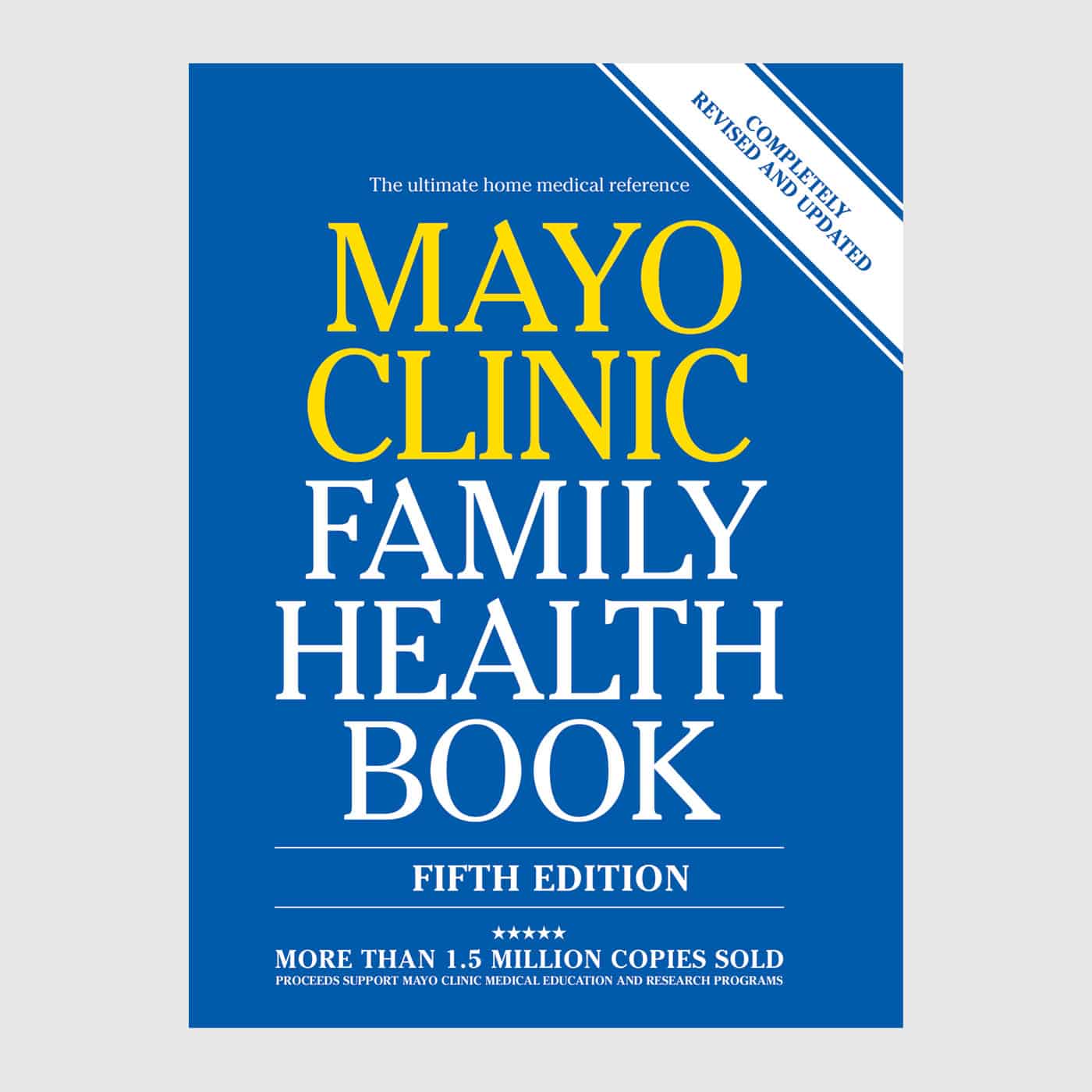
No matter what sexual setbacks you face during menopause, there are treatments out there. Your health care professional can guide you to the best solution for your situation, but there’s little harm in trying a few measures on your own. Think of menopause as an opportunity to revive your sex life and your relationship.
Self-care measures
If you have minor sexual symptoms, this is a good place to start. You can also use self-care measures to protect your sexual health before symptoms begin.
Avoid products that irritate your vagina
This is particularly important for vaginal dryness or irritation, but it’s good advice all-around. Skip douches, bubble baths, dryer sheets, moistened wipes, perfumes and other irritants. Remember that nylon underwear can be irritating too. Find something sexy in 100% cotton.
H3: Practice pelvic floor (Kegel) exercises
These exercises can increase blood flow to your vagina and strengthen the muscles involved in orgasm. If you need help finding your pelvic floor muscles, stop urination in midstream. But don’t do Kegel exercises while you’re urinating — only use this technique to isolate the correct muscles.
Then, lie on your back and practice contracting the muscles for five seconds and then relaxing them for five seconds. Work up to keeping the muscles contracted for 10 seconds at a time, with 10 seconds in between. Repeat three times a day. Once you’ve got the technique down, you can do Kegel exercises discreetly just about anywhere.
Exercise
Physical activity can increase your energy, lift your mood and help you feel good about your body.
Avoid smoking and alcohol
Cigarette smoking can reduce blood flow to the vagina and contribute to vaginal dryness. Alcohol can slow down your biological sexual response. You may think that alcohol helps put you in the mood, but the result can be the opposite.
Adjust your attitude
Remember that your brain is your most powerful sexual organ. Focus on your attitude and mindset about sex.
Intimacy boosters
Studies show that postmenopausal women often have better sex, more sex and fewer sexual symptoms when they have a new lover. This underlines the fact that novelty, excitement and emotional closeness can increase sexual intimacy. If you’ve been in a relationship for a while, focus on rekindling some magic with your partner:
Make your partner a priority
Take time to enjoy each other and nurture your relationship. Go for a long walk or bike ride together. Make a date night at your favorite restaurant. Solve the Saturday crossword puzzle together. Any of these activities that you enjoy are good foreplay. Even a morning kiss, a funny midday text exchange, an evening walk or a shared dinner can help you feel more connected to your partner, which can lead to better sexual intimacy.
Make sex a priority
Try to have sex more often. Plan an overnight trip so you have time to rediscover one another without the distractions of home and work. Or set aside time at home when both of you like to have sex. That might mean changing your schedule so that you can have sex in the morning when you’re both well rested.
In general, your vagina will lose elasticity if you don’t use it. Regular sexual activity can increase blood flow to your vagina and help keep tissues healthy. Just remember that you shouldn’t tolerate painful sex. If you have pain during intercourse, prioritize other ways to be
sexual while you treat the source of your pain.
Communicate your needs
Take time to understand the physical and emotional changes that you and your partner are facing and how they impact your sexual needs. You should be able to talk about sex just like you talk about finances or housework. However, both men and women often have difficulty expressing their sexual preferences out loud. If you’re struggling to talk about your desires and needs, start by talking about what you don’t want. Which positions no longer feel good? What time of day would you prefer not to have sex? This is often an easier way to start talking about sex, and the conversation can broaden from there.
Good sexual communication is the process of realizing that you can share your desires with your partner without judgment. Talking with your partner can strengthen your sexual relationship and your overall connection. Good communication is also associated with higher sexual satisfaction. If you need help, consider scheduling an appointment with a counselor or sex therapist.
Take it slow
If your partner wants to have sex as soon as he gets an erection, you are likely being deprived of the extended foreplay that you need to feel aroused and satisfied. Try slowing things way down.
If you’re not sure how, try sensate focus exercises. These exercises involve a series of progressive touching activities designed to help build intimacy. Sensate focus exercises generally follow several phases. In the first phases, you and your partner focus on touching and caressing each other and exploring the sensations and emotions you feel.
In a later phase, you may add in nonpenetrative sexual activities, followed by penetrative sexual activities in the final phase. Sensate focus exercises are a good way for you and your partner to schedule quality, intimate time together. They purposely take away the pressure of penetrative sex and orgasm and help you become comfortable with physical intimacy.
Venture beyond your usual
Try having sex in new positions or different rooms in your house — or outside your house (perhaps a hotel, your backyard or the back of your car). Buy some new lingerie. Plan an erotic surprise, such as a candlelit bath for two or a racy movie. Rekindle your sense of daring and excitement.
Broaden your definition of sex
Many heterosexual couples define sex as penile-vaginal penetration. That’s a very narrow definition. There are many other ways to be sexual and sensual. If you have vaginal pain and your partner has erectile problems, you’re going to have to rethink what “sex” means for your relationship. If you’re not having problems with penetration, you may still find it enjoyable to broaden your horizons as you age.
Need some ideas? The shortlist might include giving or getting a hickey, tickling, massage, dry humping, masturbating in front of your partner, mutual masturbation, oral sex, manual sex (with hands or fingers) or allowing your partner to ejaculate on your stomach. Biting, spanking, blindfolds, toys and objects that restrict movement can also be part of a satisfying nonpenetrative sexual encounter.
Not “going all the way” doesn’t have to be G-rated. In fact, taking penetration off the table can force you to be more adventurous and creative, which can also enhance arousal.
Share the work of having good sex
If you’re struggling with menopausal symptoms, you may be exhausted at the “chore” of figuring out how to rehab your sex life. Shoulder the load with your partner. Split the duties of buying lubricants or a vibrator or scheduling an appointment with a sex therapist. It takes two to tango.

Relevant reading
Mayo Clinic Family Health Book, Fifth Edition
By Scott C. Litin, M.D. As a busy adult, you may have difficulty tracking down information about living a healthy lifestyle. In addition to outlining medical guidance concerning vaccinations, nutrition, managing stress, and overcoming unhealthy behaviors, Mayo Clinic Family Health Book explains diseases and disorders that can develop as people…




















